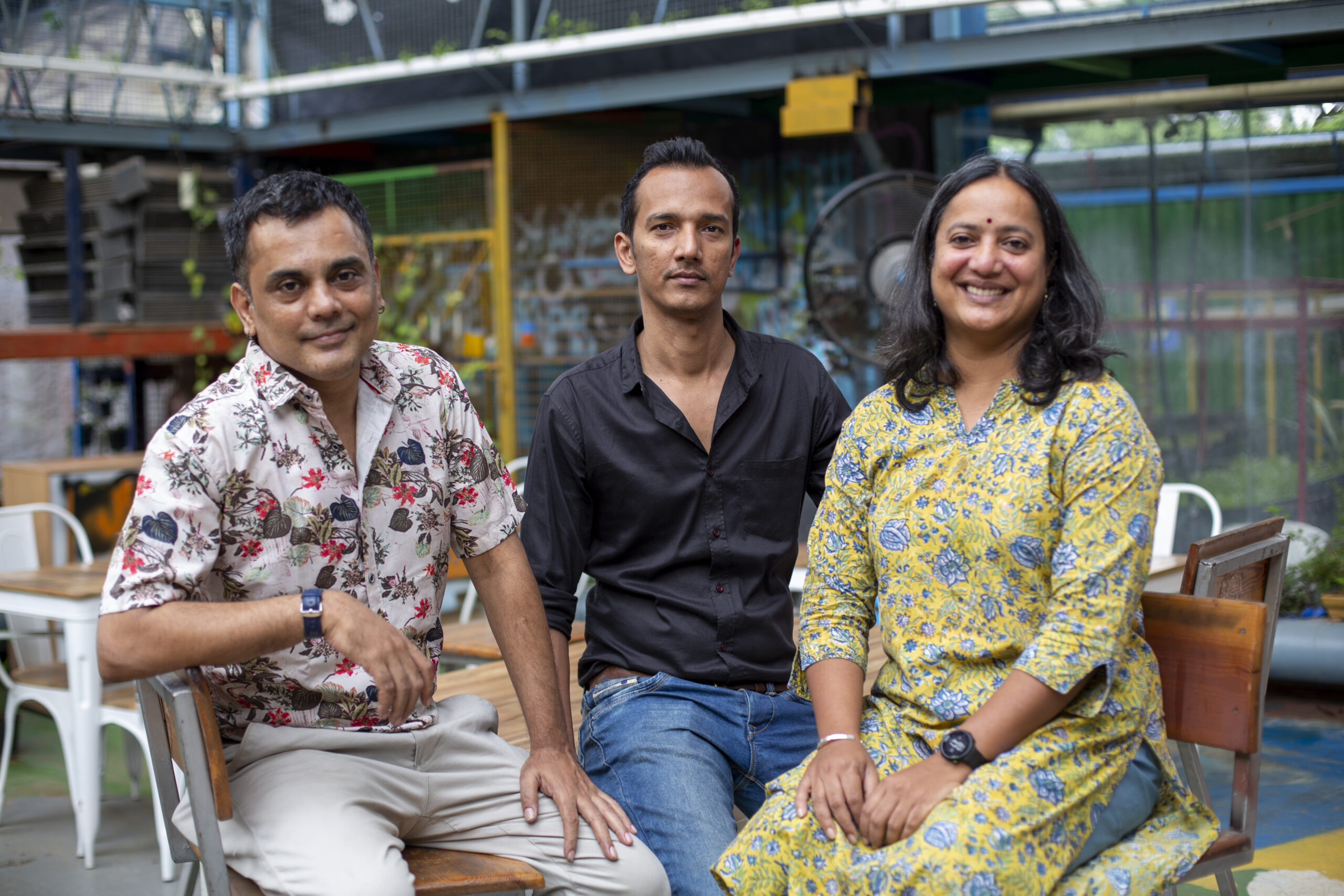MAY 9, 2023
The Challenge
India has big climate ambitions, but implementation has been slow, as most of it has to happen at the subnational level, where climate-informed decision-making is still nascent. The politics need to change to translate states’ plans into action with appropriate resources.
The INITIATIVE
Catalyze subnational-level climate action in India by connecting diverse stakeholders and fostering collaborative problem-solving and implementation to enable the emergence of climate champions whose ambition exceeds national targets and drive a “race to the top.”

India is now the third-largest greenhouse gas emitter in the world, after China and the United States. Emissions grew by 33% from 2010 to 2016 alone, to 2.8 Gt CO2e, driven to a great extent by growth in energy demand, which has been met mainly with fossil fuels.
But India also recognizes that climate change is a serious threat. It is a profoundly vulnerable country, facing major crop losses, water scarcity, and extreme heat, among other impacts. So, although its per capita emissions are still less than one-sixth those of the United States, the country has been a vocal advocate for climate action in international forums and is committed to:
- Reducing the emissions intensity of its GDP by 45% by 2030 from 2005 levels;
- Making about half its electricity generation capacity non-fossil fuel-based by 2030;
- Increasing its carbon sinks by 2.5–3 Gt CO2e by 2030; and
- Reaching net zero emissions by 2070.
These are important steps, Climate Breakthrough Awardee Vinuta Gopal says, but India can do better. If a few states and cities become climate champions and start demonstrating the benefits of climate action on the ground, she says, “we can unleash a race to the top and far exceed India’s current targets.”
With funding from their 2022 Climate Breakthrough Award, Vinuta and fellow awardees Brikesh Singh and Sanjiv Gopal are now strategically cultivating these climate champions, building what they call a “mycelium”—an underground network infrastructure—to support ambitious subnational climate action.to support ambitious subnational climate action.
We believe this decade is crucial for getting implementation on track.
vinuta gopal
From Vision to Action
The three are part of the leadership team at Bangalore-based Asar Social Impact Advisors (Asar). The organization is already well known in India for its ability to bring diverse stakeholders together to tackle climate and sustainability challenges. What’s exciting about working at the subnational level, Vinuta says, is that the dialogues and collaborations they foster can quickly yield concrete results. One state’s or city’s success can then inspire others, and all can keep learning together.
Asar had already been experimenting with state-based work prior to launching this project, connecting with emerging climate leaders and partnering with local organizations. The first nodes in the “mycelium” network run the gamut, from highly industrialized cities and states to coal-rich states to places with large untapped potential to grow renewable energy. The Asar team’s goal is to develop positive narratives tailored to each context to accelerate the shift to clean electricity, decarbonize transport, and enhance climate resilience. A big part of this is to build political momentum—first within these states, then nationwide.
“We believe this decade is crucial for getting implementation on track,” says Vinuta. “Within three years, we hope to see four or five states already delivering ambitious action and starting to surpass national targets. And as we build this ecosystem, it has the potential to cascade across India and catalyze a virtuous cycle of change.”


